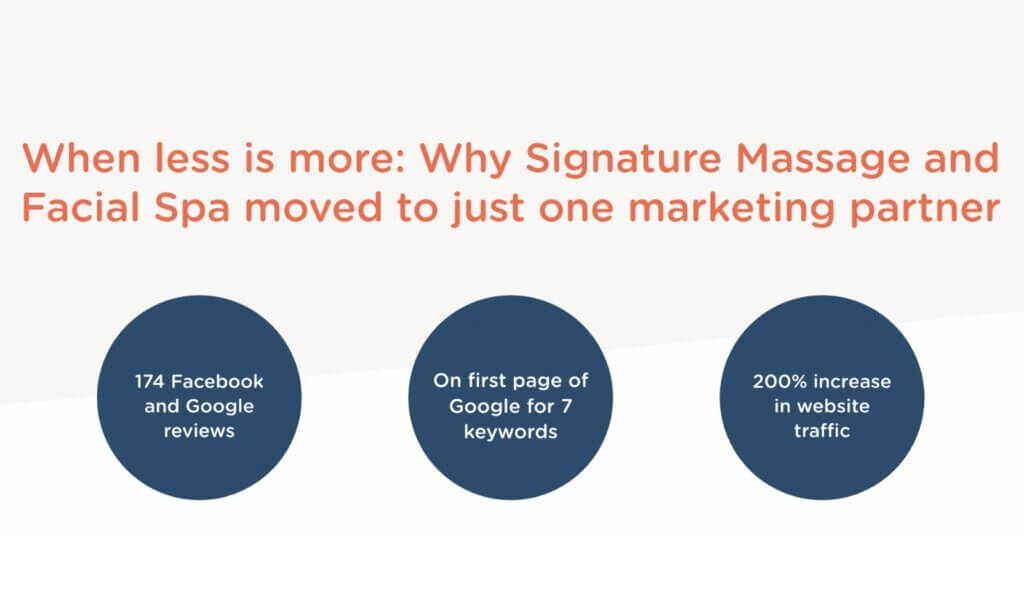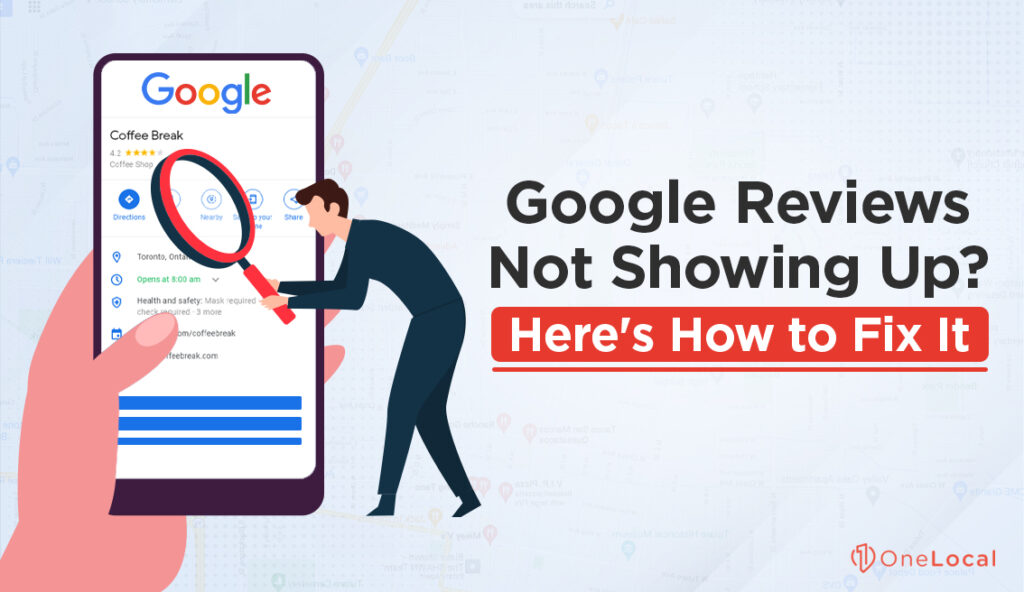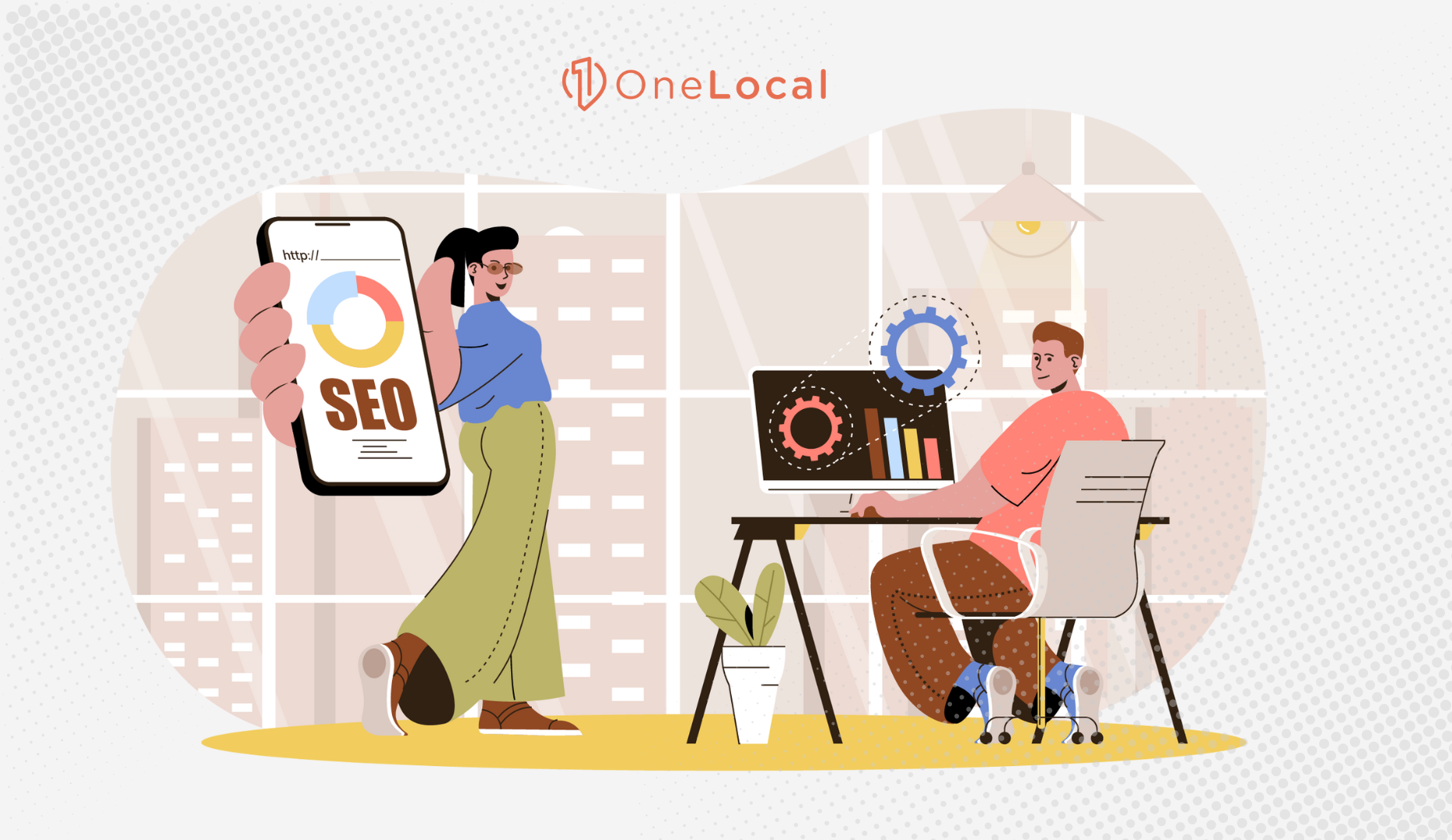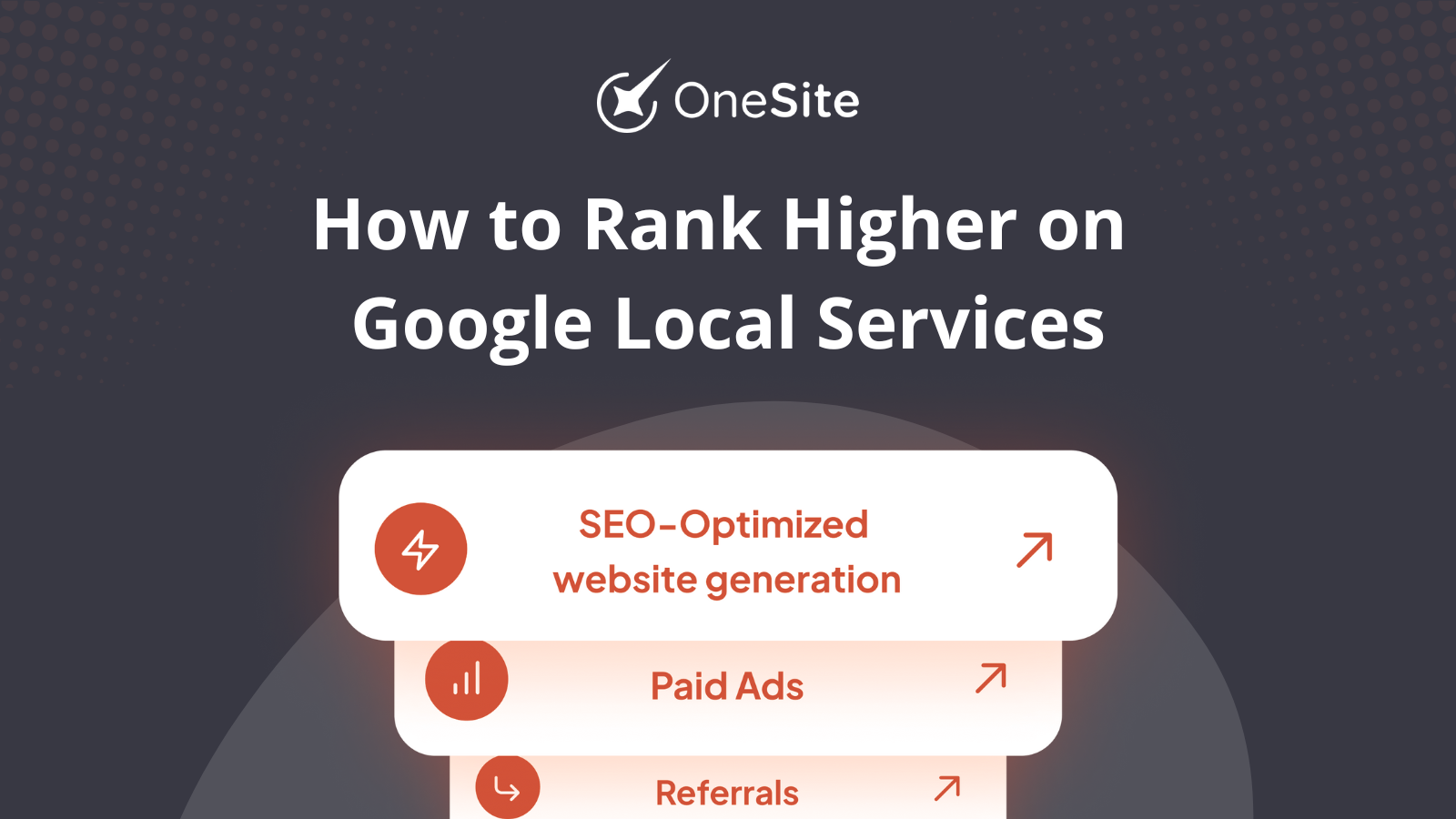In the realm of local SEO, understanding the distinctions between business competitors and organic SEO competitors is crucial for effective marketing strategies. While both types of competitors aim to attract the same customers within a specific geographical area, they operate on different levels and through different channels.
For our purposes, in order to achieve the best possible results for our content generation tool and give our merchants the best advantage we can, we need to focus on organic SEO competitors.
Business Competitors
Business competitors refer to businesses that offer similar products or services within the same local market. For instance, if you run a waxing bar, your business competitors would be other businesses in your area that provide waxing services. These competitors are directly vying for the same customer base, making it essential for your business to differentiate itself through branding, customer service, pricing, and unique offerings.
Business competition is often straightforward. You can evaluate competitors based on their service offerings, pricing strategies, promotional campaigns, and overall market presence. Traditional competitive analysis might involve examining their physical location, customer reviews, and marketing tactics, which can help you identify gaps in the market or areas where you can improve your own business practices.
Organic SEO Competitors
In contrast, organic SEO competitors refer to businesses that compete for the same keywords and online visibility in search engine results pages (SERPs). In the context of local SEO, this includes businesses that may not offer the same services but target the same audience through similar keywords. For example, a waxing med spa might compete with salons, dermatology clinics, and even day spas for keywords like “best waxing services near me” or “local waxing med spa.”
Organic SEO competitors can be much broader and include businesses that leverage various online strategies to rank higher in search results. They may focus on optimizing their websites for search engines, producing high-quality content, engaging in local link-building strategies, and utilizing social media to enhance their visibility. Understanding organic SEO competition requires a keen analysis of how well these businesses perform in search rankings, what keywords they are targeting, and how effectively they engage their audience online.
A Hypothetical Example:
Monica’s Beauty Oasis is located in an area with several other med spas. In fact there happens to be one across the street (Rachel’s Refresh and Glow), offering the exact same services as Monica. They keep a close eye on what pricing or promotional updates are happening over at Rachel’s, since this could impact people’s decisions if they see a better deal across the street. Rachel’s Refresh and Glow relies on social media and word of mouth for their traffic; they have a poor quality website but but since they have great reviews on GBP, they’re always busy.
There is also a very popular med spa on the other side of the city (Janice’s Glow & Go Spa) who has an excellent online presence and strong SERP rankings. Janice offers Laser Hair Removal and permanent makeup, which Monica does not. However, when you look at rankings for ‘med spa in new york city’, or ‘prp in new york city’ Janice ranks very highly for both terms and has a lot of very high quality content on her site.
Who should we identify as Monica’s primary competitor, when considering her SEO?
Janice’s Glow & Go Spa
Why?
In order to compete online we have to consider who is competing in that space (online). Sometimes this may align with our assumptions, but not always. In order to gain the traction we need to improve SERP rankings and build site traffic, we have to look outside of what is right in front of us and dig into the data to make our decisions.
Key Differences Between Business and SEO Competitors
-
Nature of Competition: Business competitors focus on direct service competition within the same industry, while organic SEO competitors may not offer the exact same services or be the closest physically but compete for online visibility through shared keywords.
-
Strategies and Tactics: Business competitors often utilize traditional marketing tactics (like flyers, local advertising, or word of mouth) to attract customers, whereas organic SEO competitors will have invested in digital marketing strategies such as search engine optimization, content marketing, and social media engagement to drive traffic to their websites.
-
Evaluation Metrics: Assessing business competitors typically involves analyzing physical presence, customer feedback, and pricing, while evaluating organic SEO competitors requires analyzing website traffic, keyword rankings, backlink profiles, and content quality.
-
Customer Journey Impact: Business competitors directly influence a customer’s decision-making process by offering similar services in physical locations. In contrast, organic SEO competitors shape how customers discover and engage with businesses online, often impacting the initial awareness and consideration phases of the customer journey.
Recognizing the differences between business competitors and organic SEO competitors is vital for any local business. While business competitors are essential to consider for other marketing channels, understanding organic SEO competitors helps in crafting a robust online presence that can drive more local traffic to your website and ultimately to your business.







